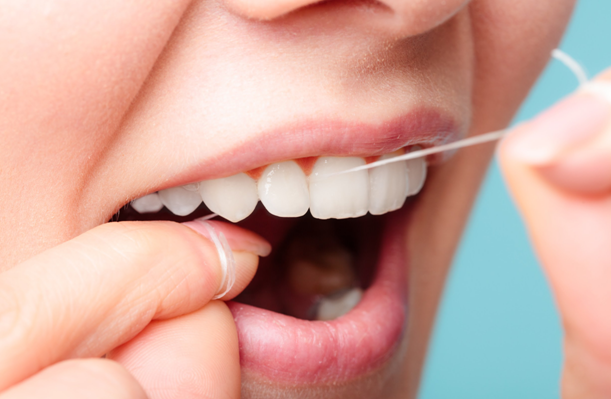Like other parts of our bodies, our mouth harbours primarily harmless bacteria. However, the mouth is the entrance to our digestive and respiratory systems. If some of these bacteria find their way into the system, they cause diseases.
By brushing, flossing and maintaining good oral hygiene, you keep the bacteria under control. Hygiene also ensures that plaque is not formed in the teeth. Plaque promotes the growth of harmful bacteria in the mouth. The bacteria convert sugar into acid, harming the tooth and gum line. The body's natural defence also helps keep the bacteria away from the rest of the body.

Saliva neutralises bacteria-produced acids and washes away food particles—this aids in preventing bacteria from multiplying and causing diseases. However, the bacteria level heightens without proper hygiene, leading to oral infections such as tooth decay and gum disease.
What conditions are linked to oral health?
- Endocarditis
Endocarditis is an inflammation of the heart chambers and valve inner lining. It occurs when germs and bacteria from other body parts such as the mouth get into the bloodstream and attach themselves to some heart regions.
- Cardiovascular disease
Some studies suggest that blocked arteries, stroke and heart disease are connected to infections and inflammation caused by oral bacteria.
- Pregnancy and birth complication
Gum disease has been connected to premature birth and low birth weight
- Pneumonia
Some bacteria in the mouth can get into the lungs leading to pneumonia and other respiratory infections.
Therefore, oral health is crucial for maintaining good overall health. Bacteria in the mouth are linked to these conditions.
Taking care of your oral health
- Brush and floss your teeth regularly
- Rinse your mouth using antiseptic mouthwash at least once a day
- Visit your dentist regularly
Consult Next Smile Brisbane for the dental implant-related issue. They also offer All-on-4 dental implant treatment. They have dental professionals who will guide and assist you on dental health and required procedures. You can also visit their website for more information or get in touch.




Comments